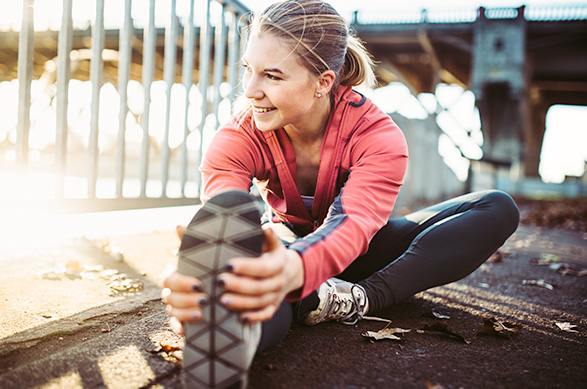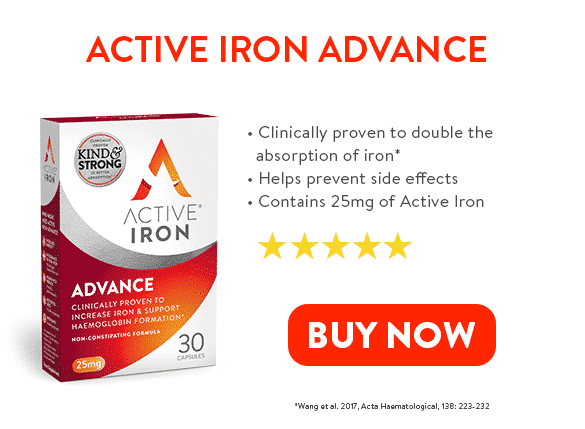One of the biggest challenges during these colder, winter months is trying to feel energetic as you did during the warm days of summer; when it’s still dark outside when your alarm goes off, and it’s already dark when you leave the office, you may find your sleep cycle is disrupted, which inevitably affects your mood.
The lack of sunlight means your brain produces more of a hormone called melatonin, which makes you sleepy. And while it’s tempting to go into hibernation mode, this sluggishness doesn’t mean you should automatically have a lie-in; in fact, if you keep hitting that ‘snooze’ button, chances are you’ll feel even more lethargic during the day. Although it doesn’t seem intuitive, you won’t actually feel your best with too much rest.
So before you start sleeping until 3 o’clock in the afternoon, consider how Vitamin B keeps our bodies working during these darker days. Topping up your Vitamin B levels help your body convert food into the feel-good neurotransmitters – such as serotonin It’s is also needed support heart health, improve memory, increase energy and stimulate the immune system. Vitamin B5, for example, helps you blow away the winter cobwebs and strengthen your mental performance.
And while hitting the gym is often the last thing on your mind if it’s cold and raining outside, exercise is actually a stress-reliever. Working out releases endorphins in the brain, which are the body’s natural feel-good hormones. When you’re stressed, your muscles contract, which adds more strain to your already tense body. Exercise releases this pent-up energy, helping to relax the muscles and return your body – and your mind – to a resting state.
exercise releases pent-up energy
In fact, this physical release of negative energy will almost always leave you feeling refreshed, and increasing your heart rate several times a week will give you more of that ‘get-up-and-go’ that many people find themselves missing during the winter months. Exercise can also help regulate your sleep pattern and your circadian rhythm, which is basically your body’s built-in alarm clock; this controls when we feel tired and when we feel alert.
However, in order to feel physically and mentally prepared to exercise, you need iron; your muscles need iron to produce energy, and iron contributes to the reduction of tiredness and fatigue. Incorporating an iron supplement like Active Iron into your life – along with a healthy diet and varied lifestyle – is a great way to support your fitness journey this winter. By targeting the body’s natural site of absorption – the small intestine rather than the stomach or lower intestine – Active Iron is clinically proven to increase iron levels by 94%, while still being gentle on the stomach, and helping to increase energy levels and reduce tiredness and fatigue.*
*Ledwidge et al. 2021, Data on file.


